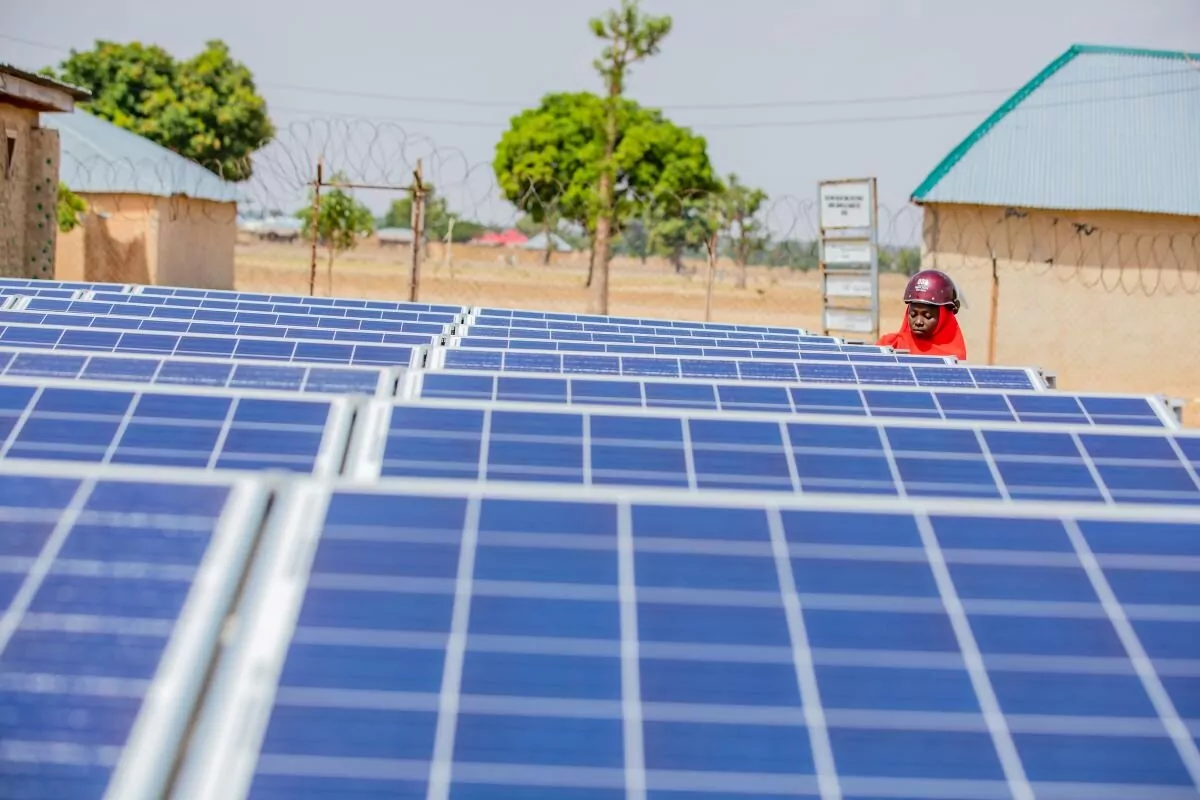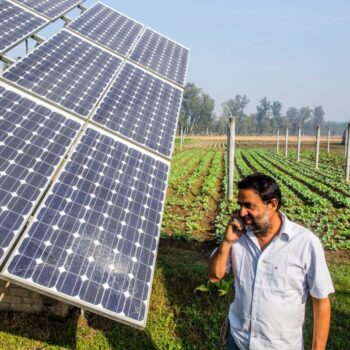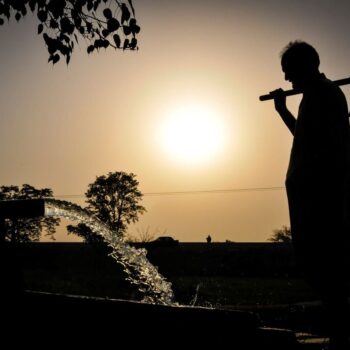E3G (Third Generation Environmentalism) organised a virtual convening at the country level in Nigeria to strengthen momentum on the need for MDB action on small-scale energy solutions, and mainstream small-scale in national development plans.
Small-scale clean energy solutions are those that are non-fossils, decentralised, discrete, deployed below transmission scale, and tend to be close to communities and peoples’ lives. Examples include distributed solar, energy efficiency, storage, and demand-side response. They provide the fastest, cheapest solution to tackle climate, energy, and development issues – while supporting a people-centred energy transition.
Despite the benefits, small-scale energy investments, particularly in emerging and developing economies (EMDE), are still regarded as a high-risk segment by many international financiers, preventing capital flows into the industry. For example, these risks may include the uncertain regulatory environment, lack of bankability, low ability of customers to pay, and currency risks – thus making the global declining cost of small-scale energy solutions not benefiting some developing countries including Nigeria.
MDBs can be influential in bridging the gap, yet our published policy briefing on how multilateral development banks can boost small-scale energy solutions shows that only less than one-tenth of MDB energy finance is currently directed to small-scale energy. MDBs should make structural adjustments to shift finance towards small-scale solutions. At the same time, the shareholder governments must be aware of the potential of small-scale solutions and seek opportunities to implement these recommendations in MDBs.
This requires the intervention of various stakeholders working closely together to ensure effective coordination and complementarity of effort. Given the strategic importance of MDBs in mobilising resources and strengthening the enabling environment for small-scale energy solutions, it has become necessary to take a holistic approach in repositioning the MDBs to scale-up support to developing countries in accelerating clean energy small-scale solutions adoption.
Nigeria is one of the countries where emissions are projected to grow the most while being in the top ten most-threatened countries by climate change. Rising energy demand is driven by population growth and economic activities with a strong reliance on diesel generators – whereas switching to solar mini-grid can provide significant energy cost savings. At the same time, the country is making noteworthy efforts that make it a regional leader in innovative financial architecture (Central Bank’s Solar Connection Facility; World Bank/AfDB/REA Nigeria Electrification Project); political willingness (energy transition plan which includes distributed solar); and has one of the shortest durations for licensing and permitting for mini-grid compared to others in the region.
Convening objectives
- The convening provided a platform for the exchange of insights from across MDBs, government agencies, development finance institutions (DFIs), project developers, associations, and private sector players and to discuss pressing challenges and opportunities facing the scale-up of small-scale clean energy solution adoption in bringing sustainable development benefits including energy access.
- Identified how MDBs/DFIs action can better support small-scale energy solutions deployment.
- Explored how small-scale energy solutions can be mainstreamed into national development plans.


